Before EMDR: Understanding PTSD, Addiction and Safety
I've heard many definitions of addiction throughout my career, but the best one I have heard is just this:
Addiction is a disease of Self-Neglect
- (attributed to Deepak Chopra and Dan Griffen).
Addiction never begins with a plan to become an addict. People are simply trying to get their needs met, survive, feel good! and for whatever reason, escape - which was once a decent coping mechanism becomes a chained habit. Eventually the escape - begins to reveal itself for what it is- a mirage, a false oasis. At this point, at this glimpse of clarity, people either choose to dive further into the mirage through denial, rationalization or hopelessness or they seek help. In choosing to recover, they courageously choose to become conscious, to wake up. Feelings await- Joy, terror, bliss, anger, memories, hopes, dreams, relationships.....life. Recovery is coming home, feeling, living fully and embracing who you are. It is flying free with feeling!
However, when one has experienced significant early childhood or developmental trauma, recovery can be incredibly difficult. It is also likely that these very traumas served in the genesis of, or propensity towards addiction. We know that people who struggle with a dual diagnosis of PTSD and a “Substance Use Disorder” (SUD) have worse outcomes than those with either diagnosis alone (Oiumette, 1998,1999). We also know from the research that up to 78% (depending on the study) of men in addiction treatment are likely to meet criteria for PTSD and the rates are about the same for women. This high concordance rate of PTSD and Substance Use Disorder diagnoses occur because PTSD and Substance Use Disorders (SUDs) are highly interwoven disorders.
WHY? 2 basic reasons:
Substance use (aka self-medicating) tends to keep PTSD symptoms such as flashbacks, insomnia, intrusive thoughts, extreme anxiety and hypervigilance at bay. Substances quiet the symptoms. Additionally, when people stop self-medicating, the symptoms return. PTSD symptoms often get worse when people initially get sober (Brady, 1994, Kofoed, 1993) which tends to make people want to return to oblivion.
When living a substance dependent lifestyle, people are more likely to be traumatized or re-traumatized due to risky behaviors of these populations. The cycle tends to feed and perpetuate itself: the image that come to mind is the alchemical Ouroboros: the dragon who eats his own tail, perpetually recreating itself.
In service of meeting this need, I often suggest a present focused PTSD treatment known as "Seeking Safety" to clients new to sobriety. Seeking Safety is the work of Harvard trained researcher Dr. Lisa Najavts. The treatment was originally designed for women, but is now commonly used with men, in the VA and across more than 3,000 clinical settings. It's reputed for it's present focused nature, rather than trauma processing models such as EMDR, Cognitive Processing Therapy (CPT), or Exposure therapy which delve into old trauma memories and can be destabilizing and even dangerous for someone to experience in early recovery. Najavit's model instead focuses on 5 key "present focused" areas. The first of which is establishing safety and stabilization which is consistent with the literature supporting both successful PTSD and SUD treatment. In my version, it is heavily laden with self-compassion and mindfulness training. Additionally, unlike other deep processing PTSD treatments, the person is not harmed if they drop out early or have only a partial treatment, as the treatment is present focused and skill based.
PTSD pioneer Judith Herman explained that there are 3 distinct phases for successful PTSD treatment: 1. Safety (begin with establishing the ability to feel safe, to find safety when triggered, begin with skills based help to establish safety first), 2. Remembering and Reprocessing (with safety skills intact, begin re-processing with EMDR, CPT, or Somatic Experiencing etc.; begin process of Re-Telling the Story) and finally 3. Re-integration.
If you're attempting treatment for substance abuse issues, it's paramount that you also ask to be assessed for PTSD and concurrently get help for this issue as well.
The truth is that you are already whole and who you are at your core is pure, untouched and cannot be altered or destroyed. You can do this. You're already on your way.
Love and Light,
Dr. Regina
You are love.
You are whole and You are forgiven.
Namaste..


